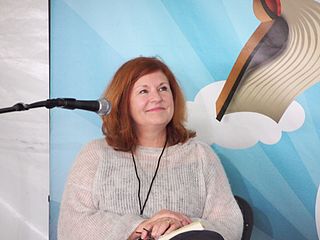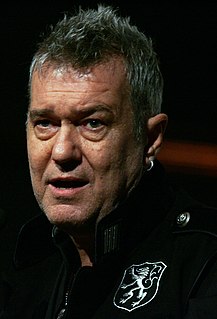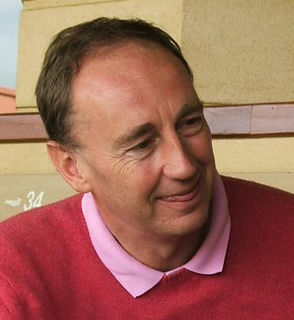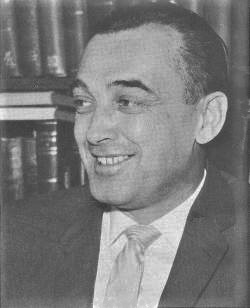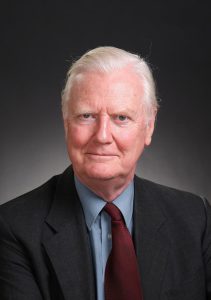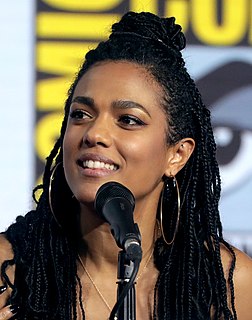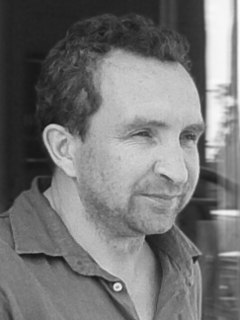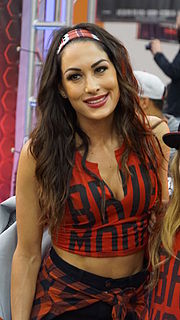A Quote by Tracy Chevalier
Although I always said that I wanted to be a writer from childhood, I hadn't actually done much about it until I came to London.
Related Quotes
London has become really boring. I mean, years ago, London was really happening - there was swinging London and then punk. It was really different from other cities, and so I'd always wanted to go there and see what was actually going on. After that, hip-hop was the next thing happening, so to get the records or the proper clothing, you really had to actually go to New York. But now you don't really need to go.
I was born in England and brought up in London. When I was 18 I read a book and came across the Dharma. I was halfway through the book when I turned to my mother and said, "I'm a Buddhist," to which she replied, "Oh are you dear? Well finish the book and then you can tell me about it." I realised I'd always been Buddhist but I just hadn't known it existed, because in those days not even the word 'Buddha' was ever spoken. This was in in the 1960s, so there wasn't that much available, even in London.
It became clear I wanted to be a development economist. I mean, I said I wanted to work on the economics of poor countries. And I'd actually say that I don't think that was so much about narrowing the gap as about increasing their incomes, which means economic growth, which is really my prime interest.
I think one of the London Film Festival strengths is that it's set in London but it's not about London. It's about the diversity of this city and it's about world cinema. And that's what London is - London is a place where its identity is always in a state of flux. So, this festival celebrates the way in which it is always changing. That's why London is a fascinating place and that's why the film festival is a fascinating film festival.


